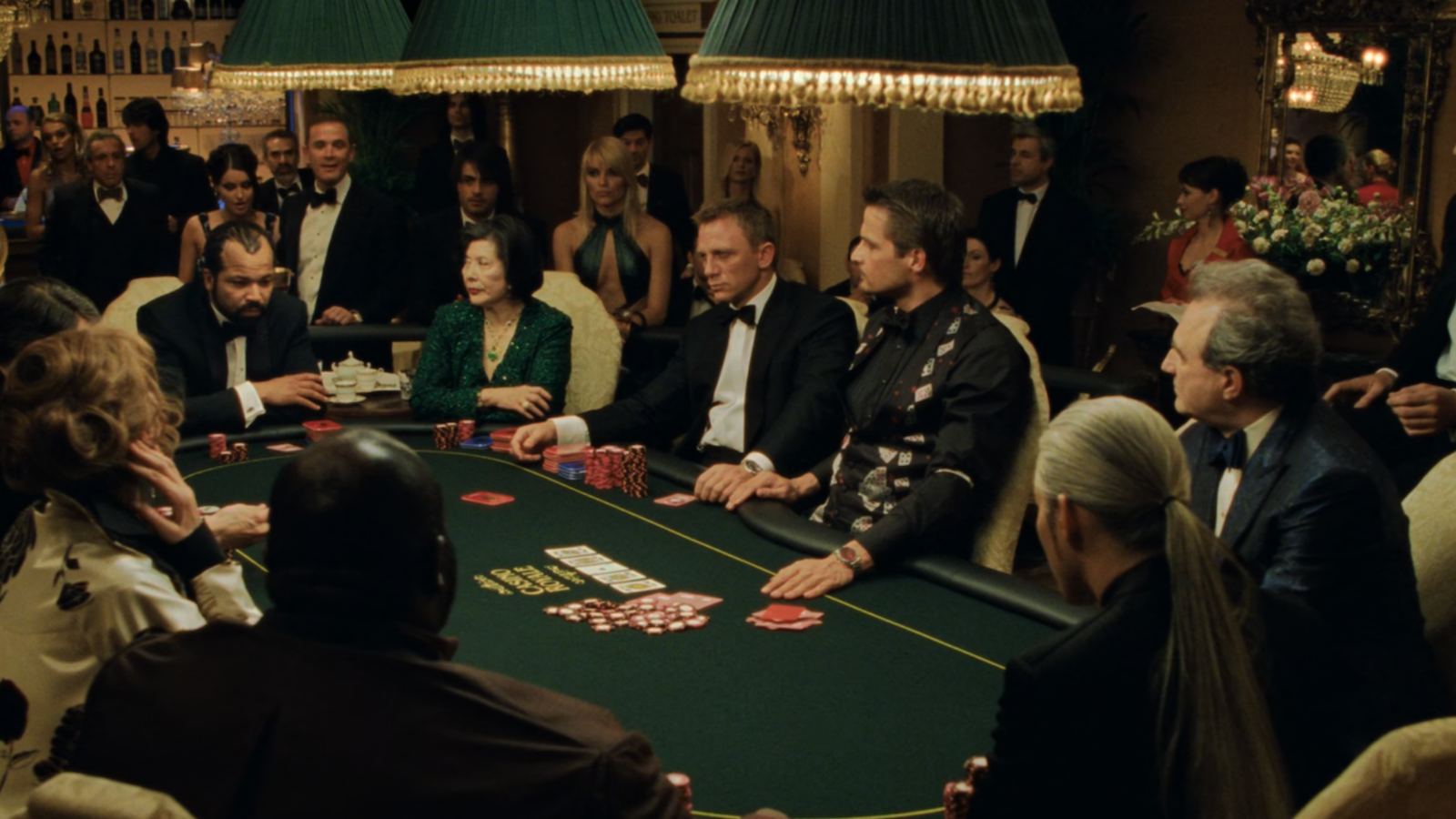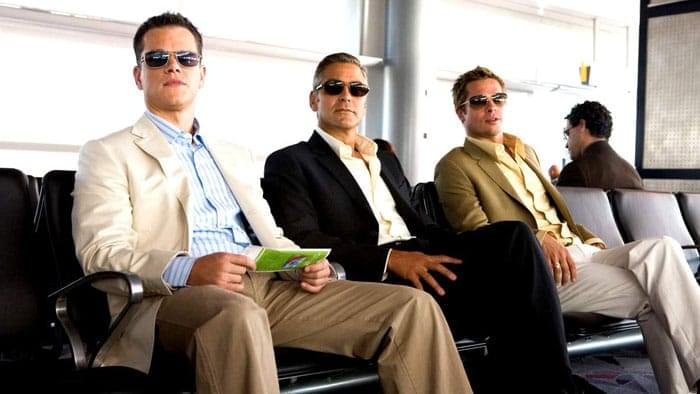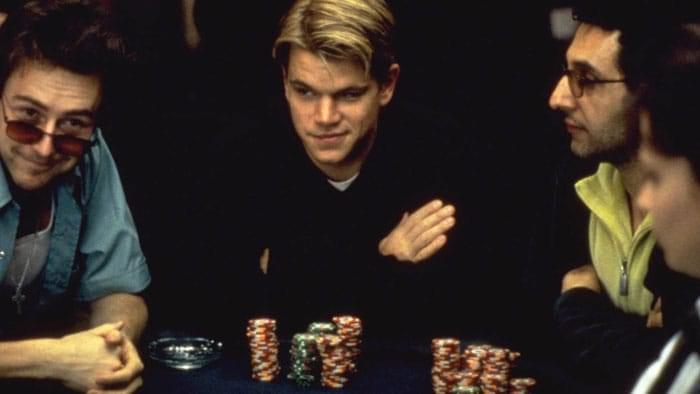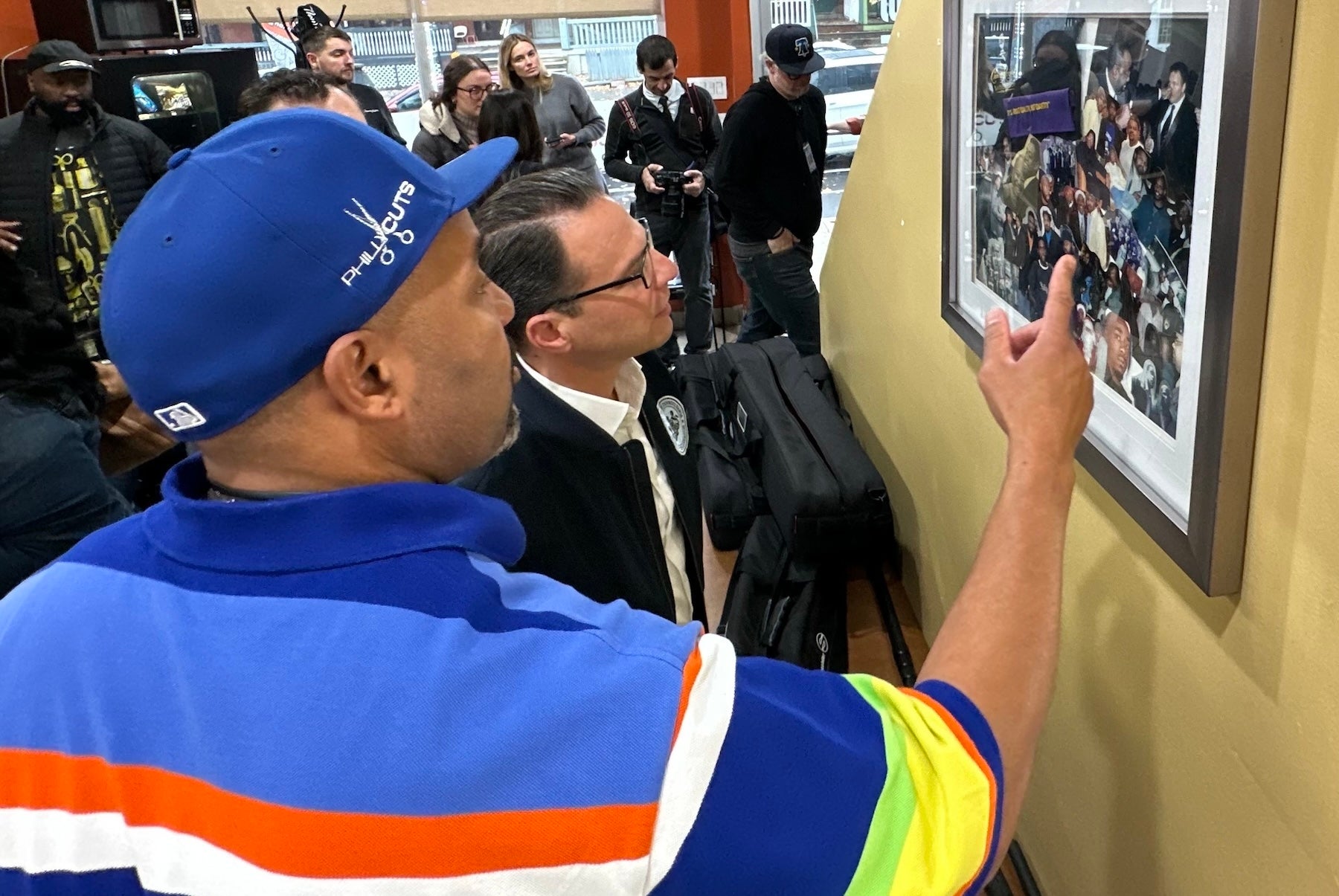Gambling
The Accuracy of Gambling Movies – Hollywood VS Reality Features Film Threat

Gambling movies often mesmerize audiences with their high-stakes drama and the glitzy allure of casino life. But do these films hold up to the reality of casino operations and the true psychology of gambling, or is it pure Hollywood ficton?
This article critically examines some of the most beloved gambling movies—”Casino Royale,” “Ocean’s Eleven,” and “Rounders”—to assess their accuracy and how well they reflect the intricacies of gambling.
Casino Royale
Casino Royale often serves as a prime example when discussing the authenticity of gambling scenes. The movie showcases elaborate poker matches where James Bond coolly assesses his opponents amidst the luxury of an exclusive gambling venue. While it captures the tension well, real-life casino operations are vastly more complex and regulated. Casinos are designed with a sharp focus on security and game integrity, aspects that are sometimes glossed over in movies for dramatic effect.
Inaccuracies:
- Poker Game Realism: The climactic poker game in Casino Royale features hands and stakes that are astronomically improbable. The final hand, involving a straight flush, four of a kind, and full house among the players, is extraordinarily unlikely in a real-world setting and serves more to heighten dramatic tension than to portray an accurate poker scenario.
- Player Behavior: The depiction of poker strategy and behavior in the film often leans towards dramatization. For instance, the heavy reliance on bluffing and reading opponents in such a high-stakes game is not typical of professional poker, where gameplay is more conservative and strategic.
Ocean’s Eleven
In contrast, Ocean’s Eleven portrays intricate heists in a Las Vegas casino setting. The film dives into the operational details, from surveillance systems to vault mechanics, painting a picture that is as thrilling as it is improbable. Actual casino security is incredibly sophisticated, involving a network of cameras, trained personnel, and fail-safes that are far more robust than any film would suggest.
Inaccuracies:
- Casino Security: The heist depicted in Ocean’s Eleven exploits vulnerabilities in casino security that are highly unrealistic. Modern casinos are equipped with advanced surveillance and security technologies that make the type of heist shown nearly impossible. Casinos use a combination of RFID chips, sophisticated cameras, and intricate alarm systems that are monitored 24/7.
- Casino Operations: The ease with which the team manipulates casino operations, such as rigging slot machines and influencing the outcome of games, overlooks the strict regulatory practices and technological safeguards in place to prevent such tampering.
Rounders
Moving into the psychology behind the flashy exterior, films like Rounders depict the gambler’s mindset with a focus on skill, bluffing, and the high of risk-taking. The film’s portrayal of high-stakes poker captures the intense psychological warfare between players. However, it often simplifies the broader spectrum of gambling psychology, which encompasses a range of behaviours from recreational to problematic.
Inaccuracies:
- Legal and Underground Poker: Rounders portrays a mix of legal and underground poker games. While it captures the tension and culture around poker games, it simplistically portrays the complexity of legal and illegal gambling environments. The film’s underground poker scenes, in particular, exaggerate the frequency and intensity of violent confrontations, which, while possible, are not a standard element of such games.
- Gambler’s Lifestyle: The lifestyle of the main characters, constantly moving from one high-stake game to another, simplifies the real-life balance and consequences of professional gambling. The film glamorizes the idea of living off poker winnings without fully addressing the financial instability and psychological strain associated with gambling addiction.
The Illusion of Control
Many argue that movies frequently miss the mark in showing the cognitive distortions and emotional challenges faced by real gamblers.
For instance, the illusion of control is a common cognitive distortion in gambling, where players believe they can influence outcomes that are actually determined by chance. This aspect is rarely addressed in gambling films, which prefer to focus on the glamour and grit of the gambling experience rather than its psychological complexities.
These cinematic portrayals, while compelling, tend to prioritize narrative drive over factual accuracy. They sculpt characters who navigate the highs and lows of casino life, but with a level of polish and drama that often sidesteps the mundane realities of actual gambling activities.
Game Mechanics and Probability
A deeper look into the mechanics of the games depicted in gambling movies reveals another layer where fiction often diverges from reality. As depicted in this source, many of the happenings would be impossible in an online European casino.
Take, for instance, the high-stakes poker scene in Casino Royale which you can see in the video below. The dramatic climax of the poker game hinges on a highly improbable hand of Straigth Flush, which, while thrilling for viewers, significantly stretches the bounds of typical game probabilities. There were also a flush and two full houses–all in the same round– which is close to mathematically impossible to achieve in the first place. Such scenarios, though exceptional for creating cinematic suspense, could mislead audiences about the real odds and strategies involved in poker.
Rounders tends to stay closer to realistic poker gameplay, but it also embellishes the ability of the protagonist to read opponents and make flawless decisions under pressure. In real-world poker, even the most skilled players face significant uncertainty and must manage risk and incomplete information, aspects that are often underplayed in movies for the sake of a clear hero’s journey.
The way gambling scenes are shot and edited also plays a crucial role in shaping viewer perception. Cinematic techniques — such as close-ups on tense faces, quick cuts during exciting hands, and the strategic use of music and sound effects — enhance the emotional impact of gambling scenes. While effective for storytelling, these techniques can exaggerate the reality of gambling moments, making them seem more glamorous or fraught with tension than they might actually be.
Filmmakers often employ these techniques to distill hours of slow, strategic gameplay into a few minutes of screen time. This compression can warp audience perceptions, making the world of gambling appear far more fast-paced and emotionally charged than it typically is in a real casino environment.
The Impact of Inaccuracies
The discrepancies between movie portrayals and real gambling do more than just entertain; they shape perceptions. Viewers may come away with distorted views on the ease of beating the house, the prevalence of monumental wins, or the effectiveness of certain gambling strategies. Such portrayals can contribute to gambling myths, like the belief that one’s luck can turn if just enough money is bet, or that poker is only about reading facial expressions rather than a complex interplay of strategy, psychology, and chance.
These inaccuracies, while seemingly harmless in the context of narrative fiction, carry implications for real-world behavior. Potential gamblers might enter the casino with unrealistic expectations, underprepared for the realities of gambling, or overconfident in their abilities based on what they’ve seen on screen.
While gambling movies often provide a window into a world of high stakes and high drama, their commitment to factual accuracy varies widely. As historical documents, they offer a filtered lens—colored by the needs of drama and audience engagement. For those looking to these films for a true depiction of casino life and gambling psychology, it’s crucial to recognize where Hollywood’s representation diverges from real-world gambling.












